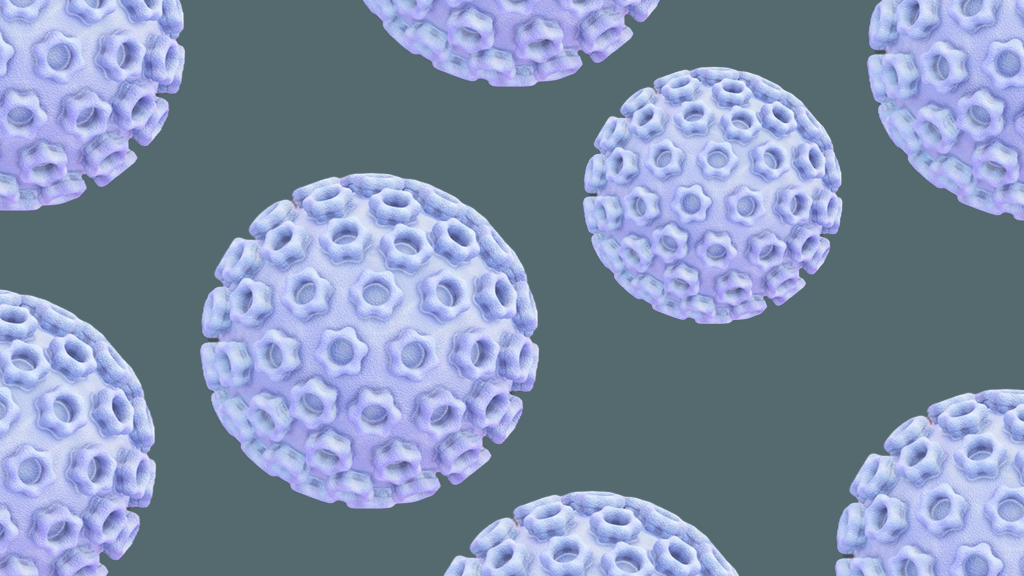New bone cancer treatment has 99% lab success rate
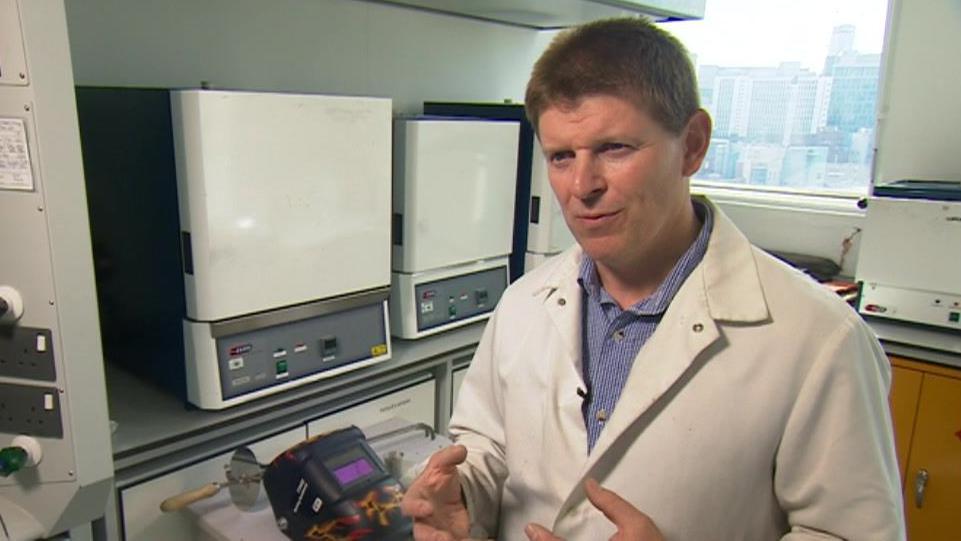
Professor Richard Martin led the team that carried out the research
- Published
Researchers have said tiny pieces of glass combined with a toxic metal could provide a new treatment for bone cancer.
The scientists at Aston University said lab tests had shown their bioactive glass particles combined with gallium had a 99% success rate at eliminating cancerous cells.
It can also regenerate diseased bones, they claim.
The team is now calling for more funding in order to conduct trials.
“Treatments for a bone cancer diagnosis remain very limited and there’s still much we don’t understand,” said Dr Lucas Souza, research laboratory manager for the Dubrowsky Regenerative Medicine Laboratory at the Royal Orthopaedic Hospital, Birmingham.
He said the research was vital to support the development of new drugs and new techniques for treating cancer.
The research was led by Professor Richard Martin, based at the university’s College of Engineering and Physical Sciences, who said there was an urgent need for improved treatment options.
“We believe that our findings could lead to a treatment that is more effective and localised, reducing side effects, and can even regenerate diseased bones,” he said.
In laboratory tests 99% of osteosarcoma cells were destroyed but non-cancerous human bone cells were not.
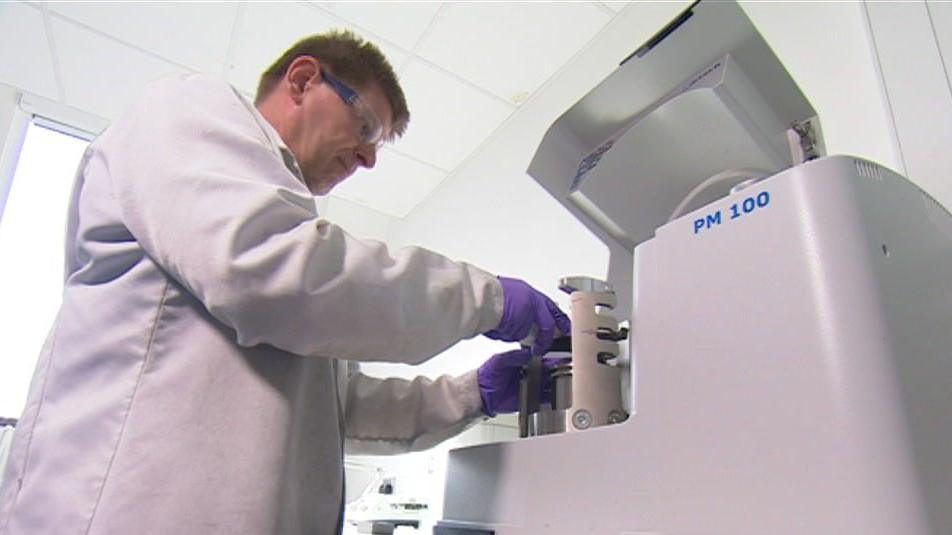
The treatment was found to have a 99% success rate under laboratory conditions
The researchers also used a simulated body fluid and after seven days they detected the early stages of bone formation from the glass.
They said osteosarcoma was the mostly commonly occurring primary bone cancer and despite the use of chemotherapy and surgery to remove tumours, survival rates had not significantly improved since the 1970s.
Survival rates are substantially reduced for patients who have a recurrence and primary bone cancer patients are also more susceptible to bone fractures, they added.
The new treatment was developed by rapidly cooling very hot molten liquids to form glass, which was then ground and sieved into tiny particles that can be used for treatment.
“The safety and effectiveness of these biomaterials will need to be tested further, but the initial results are really promising,” Dr Souza said.
Get in touch
Tell us which stories we should cover in Birmingham and the Black Country
Follow BBC Birmingham on BBC Sounds, Facebook, external, X, external and Instagram.
Related topics
- Published15 September 2024
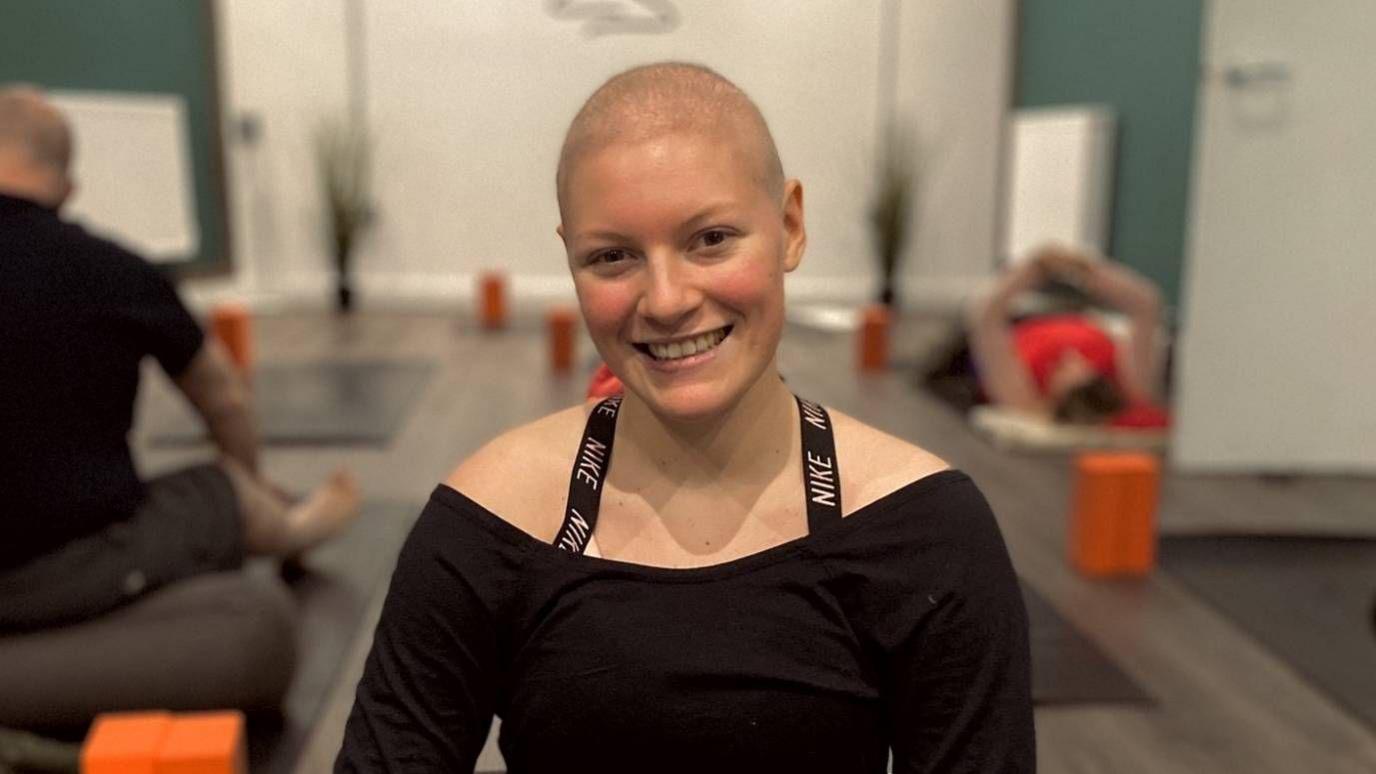
- Published10 September 2024
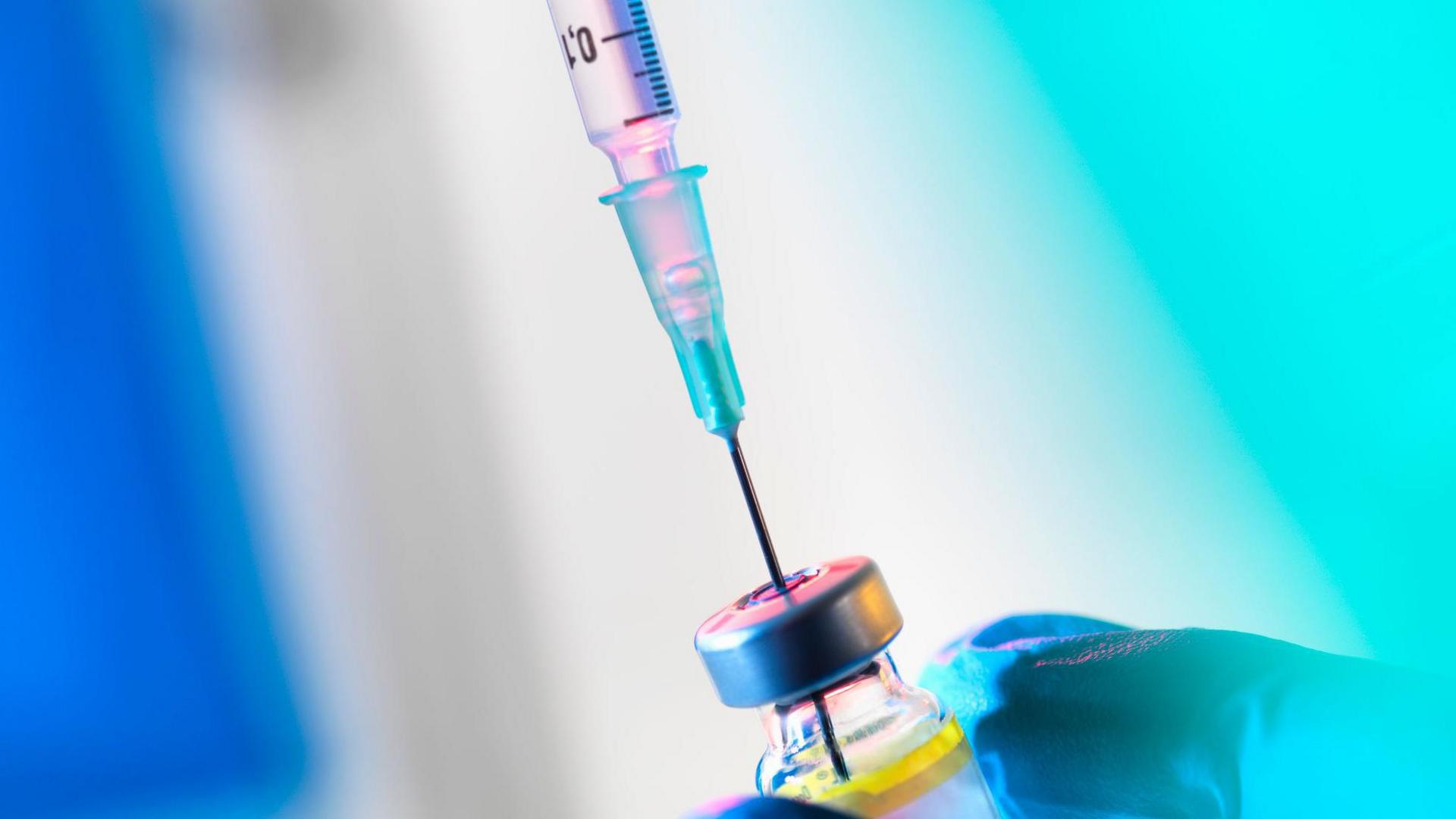
- Published29 August 2024
